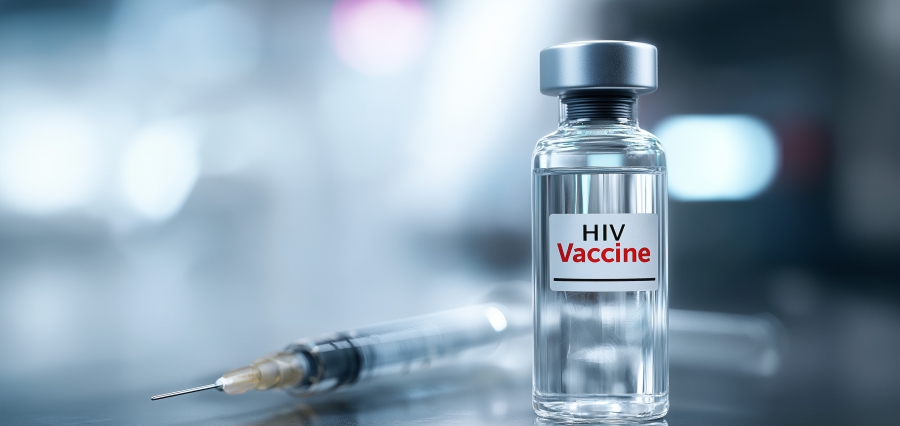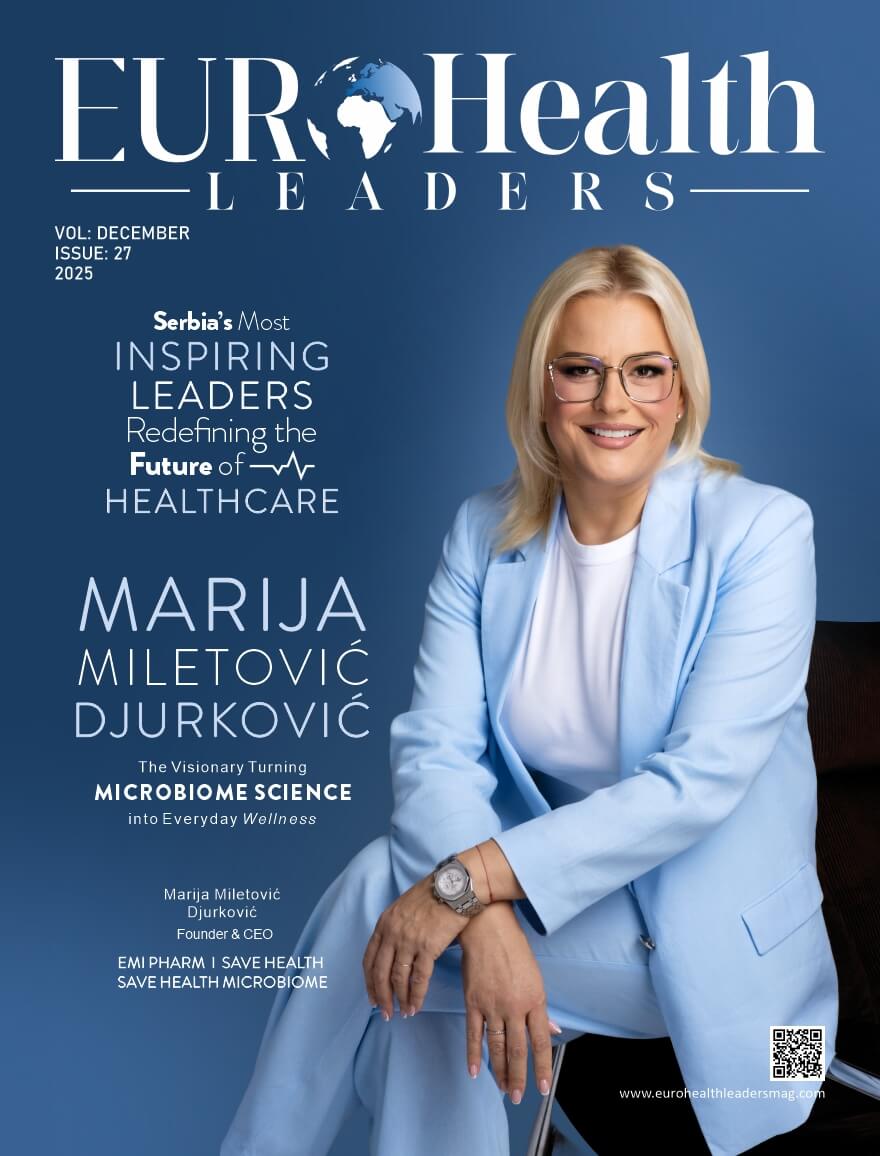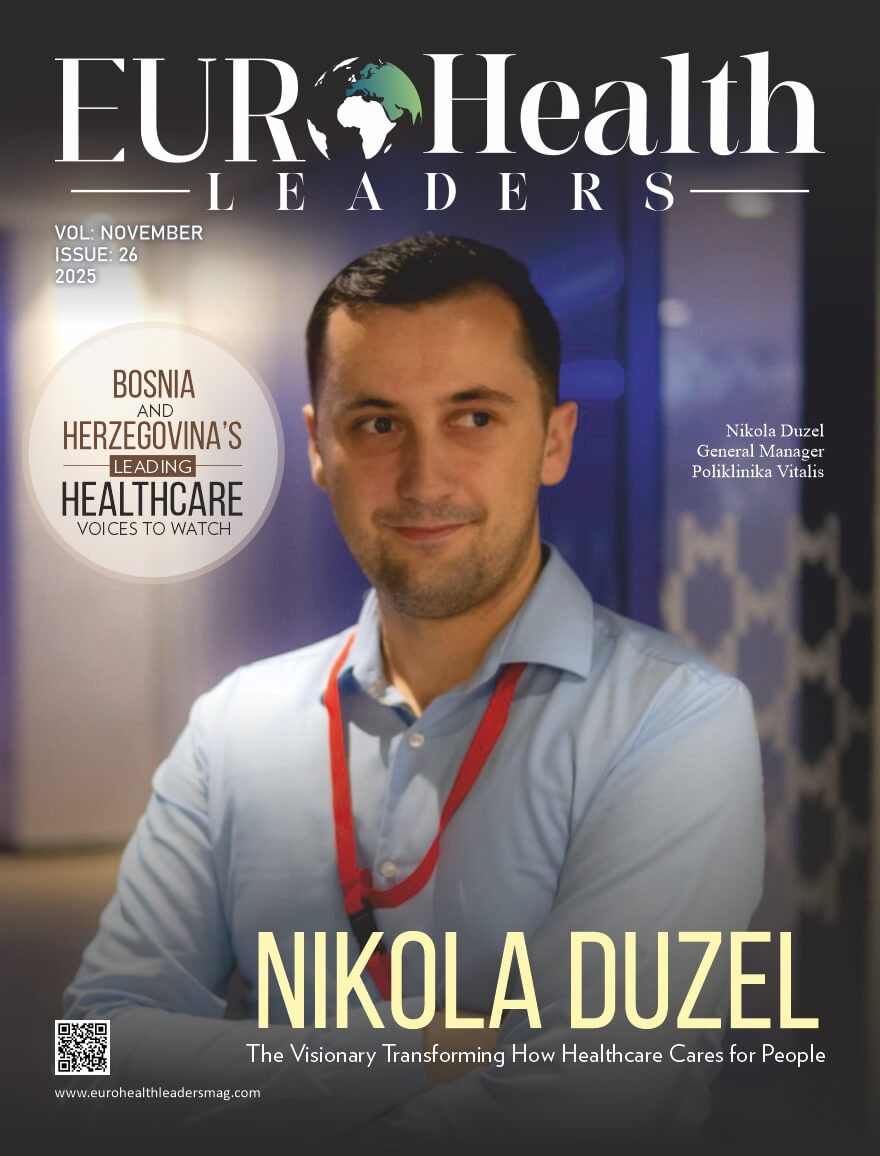Prime Highlights
- The European Commission has approved Gilead’s Yeytuo (lenacapavir), the first twice-yearly HIV prevention injection, marking a major medical breakthrough.
- Clinical trials showed the injection to be 100% effective, offering a long-term alternative to daily HIV prevention pills.
Key Facts
- In 2023, over 24,700 new HIV infections were recorded across the EU, Iceland, Liechtenstein, and Norway — an 11.8% increase from 2022.
- Globally, 40.8 million people live with HIV, and around 630,000 AIDS-related deaths were reported last year.
Background
The European Commission has officially approved a new twice-yearly injection to prevent HIV, opening the door for its rollout across the European Union. The treatment, developed by drugmaker Gilead Sciences, comes after the European Medicines Agency (EMA) recommended its use last month.
The medication is named lenacapavir, and it will be marketed as Yeytuo in the EU, Norway, Iceland, and Liechtenstein. Unlike existing daily pills, it is the first HIV prevention option that only requires two doses per year.
Yeytuo is a form of pre-exposure prophylaxis (PrEP). The treatment prevents HIV replication and transmission within the body, which in turn decreases the chances of infection among adults and adolescents. Clinical trials showed the injection was 100 per cent effective in preventing HIV, leading experts to describe it as one of the most important medical breakthroughs of 2024.
Dr. Dietmar Berger, chief medical officer at Gilead, noted that the rapid approval signals progress in meeting urgent HIV prevention needs across Europe.
The authorization occurs when HIV infections are on the increase. HIV infections in the EU, Iceland, Liechtenstein, and Norway surpassed 24,700 in 2023, an increase of 11.8% compared with the previous year.
The US Food and Drug Administration (FDA) and the World Health Organization (WHO) have also approved the drug and accepted it as one of the additional prevention measures. Gilead is pursuing additional approvals in Australia, Brazil, Canada, South Africa, and Switzerland, and is intending to expand applications to Argentina, Mexico, and Peru.
In order to increase access to the global population, the company has volunteered to permit generic counterparts in 120 nations with high rates of HIV among the low-income populations. But, analysts say it might decrease the availability due to less funding toward global HIV programs by the US.
HIV remains one of the biggest health threats in the world as 40.8 million individuals are infected by the virus and approximately 630,000 AIDS-related disease-related deaths have been reported last year.









